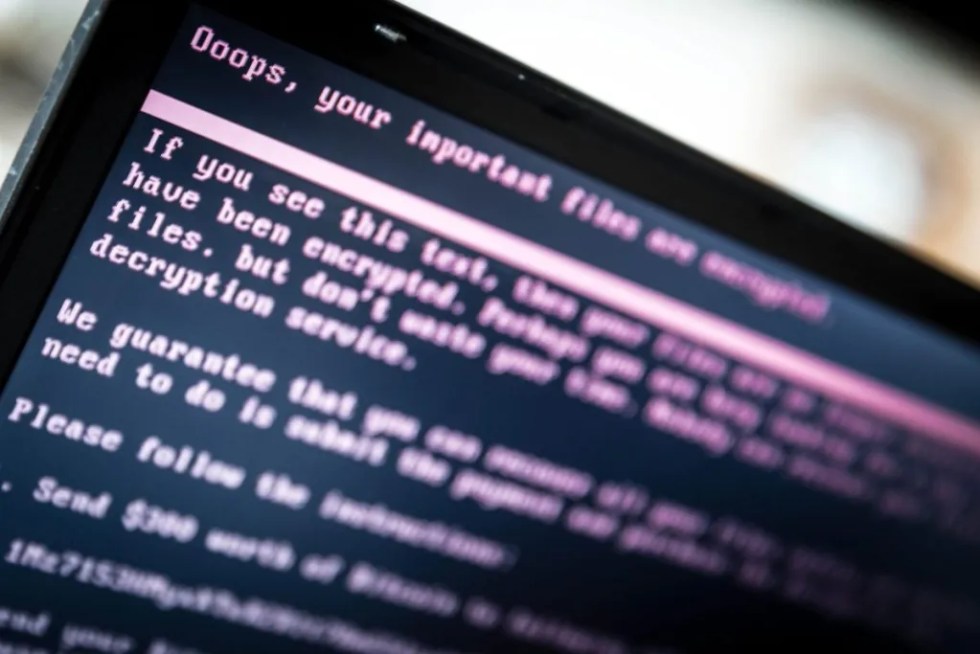Raul Married |
Madrid (EFE).- Cyberattacks have skyrocketed in the world in recent years and the invasion in Ukraine has set off all the alarms and evidenced the risk that physical warfare will lead to cyberwarfare that has repercussions in many sectors; the most advanced countries and companies try to shield themselves from a growing threat, more and more real.
The scenario of cyberthreats changes almost permanently, according to what various experts have exposed to EFE, who have also warned of the difficulties involved in combating these risks with local legal and regulatory frameworks, when it comes to global threats, and when there are countries very lax – and sometimes cover-ups – in the control of cybercriminals who act within their borders against other territories.
The European Union is already preparing a cyber-resilience law to protect consumers and companies after corroborating an increase in attacks (during the crisis caused by the pandemic, first, and during the war in Ukraine, later), in order to protect the basic facilities and infrastructures, hospitals or research centers.
It has also promulgated a new directive that establishes more cybersecurity obligations for all member states and measures to improve risk management.

The US president signed an order in 2021 to improve the nation’s cybersecurity and increase protection of critical infrastructure and government networks, and analysts expect an update to that order later this year in response to increased charges. foreign cyber attackers.
The World Economic Forum has promoted a specific association to combat cybercrime to try to reduce the impact of this type of attack, and countries have cybersecurity plans (Spain has approved one endowed with more than 1,000 million euros) to put cut those risks.
The most serious cyberattacks are directed against organizations and institutions with critical infrastructures
The multinational company Armis, specialized in cybersecurity, has published “The state of cyber warfare”, a report in which it x-rays the current scenario of threats based on consultations with more than 6,000 professionals in the sector carried out in numerous countries, and which concludes that cyberattacks have increased and that the most serious are directed against organizations and institutions with critical infrastructures and against health organizations.
It also corroborates that the geopolitical instability associated with the invasion and war in Ukraine is having a huge impact, that three out of five managers of the companies consulted acknowledge that they have suffered some security incident, or that the majority believe that their companies are not well prepared. for these types of threats.
The study carried out by this company has concluded that the increasing risk of risks is also having a very negative impact on the digitization projects of many companies and institutions, which have paralyzed or postponed their digital transformation processes due to these threats. which is a brake on innovation in many companies.
The director of this company in Spain and Portugal, the Finnish Vesku Turtia, has ensured that investments in cybersecurity continue to be very low compared to other items, and has stressed that in a world as connected as today “it does not matter where it comes from the threat”.
“The world is now very small and cybercriminals can access an infinite number of targets to attack,” he told EFE, and valued the regulations that the EU is going to implement to combat the lack of investment in this field and to prioritize the importance they should have in any company or organization.
Cyber attackers could in the future have the ability to kill humans
Some analyzes predict that by 2025, cyber attackers will have turned some technological environments into real weapons and that they will have the capacity to harm and even kill human beings, this business security expert has observed.
In the same sense, Agustín Valencia, from the American multinational Fortinet, has pointed out to EFE the great difficulties that exist “because the legal frameworks are not global, but the networks are”, although he has assessed that the scenario is changing and that the growing Collaboration between public and private entities and institutions makes it possible to better identify and understand the cybercrime ecosystem.
“Cybercriminals work like a business, and if we force them to start over, to rebuild and change tactics, security in the world benefits,” said Agustín Valencia, and he has emphasized distinguishing the different defensive, offensive and regulations that exist between countries and in which the legislative apparatus, even in the most advanced countries in combating cybercrime, “is always several steps behind”.
The attack on the Colonial Pipeline, the largest oil pipeline network in the United States, revealed how vulnerable a critical infrastructure can be and the impact that a country can suffer, according to this expert, and has predicted that many of these actions are moved by economic interests, but others hide geopolitical interests and can be considered as “cyber warfare actions”.






